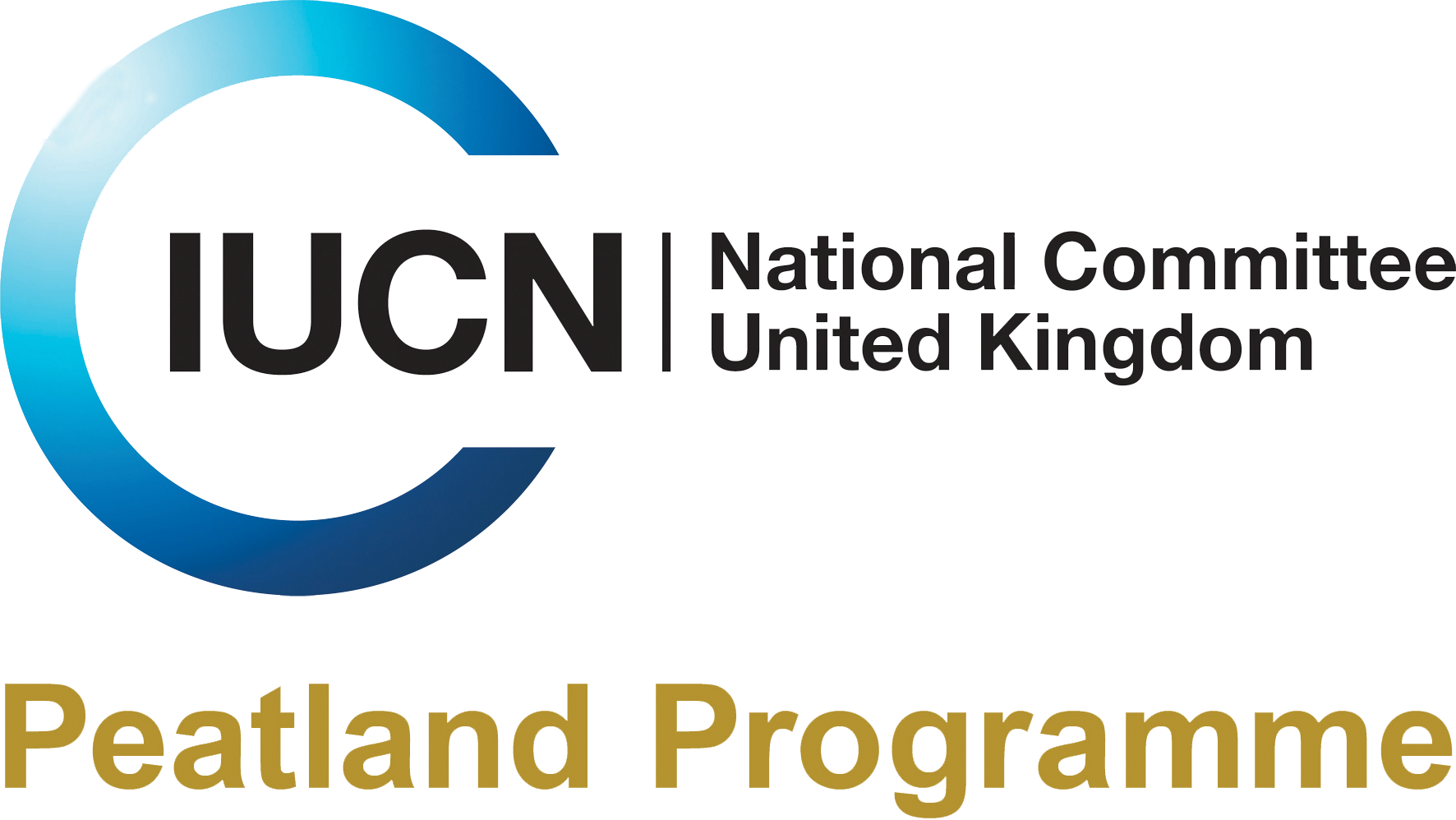Search
Search
Adaptive management
About Peatlands
Global Peatlands Initiative project: State of the Worlds Peatlands
Global Peatlands Initiative (GPI) launches its Global Peatlands Assessment - The State of the World’s Peatlands - at the United Nations Framework Convention on Climate Change (COP27) taking place…
Integration of Peatlands into River Basin Management Planning in England
Peatlands have been formally recognised within England's River Basin Management Plan (RBMP) process for the first time.
Cairngorms Peatlands flying high
Restoration management is underway again in the Cairngorms National Park supported by Peatland ACTION after the delays due to the global pandemic.
Peatlands and the climate emergency
2019 has seen all four devolved governments across the UK declare a climate emergency.
The importance of peatlands in protecting urban areas in a warming world
Greater Manchester chosen as a global Resilience Hub for its policy and advocacy work on climate and disaster risk reduction by the Making Cities Resilient 2030 initiative.
Peat restoration and natural flood management
The Upland Environments Research Unit at the University of Manchester has been working closely with Moors for the Future Partnership over the last decade to produce an empirically grounded…
Threats to peatlands
New guidance for wetter farming on peatlands
The IUCN UK Peatland Programme’s latest briefing, ‘Principles for Sustainable Peatland Paludiculture’, sets out to ensure the multiple benefits of peatlands are realised when managing different…
Sphagnum is a key ingredient of natural flood management
In 2008 iCASP published research that showed how water running over Sphagnum on blanket peatlands moved much more slowly (often ten times slower) than water running through sedges or bare peat.…
